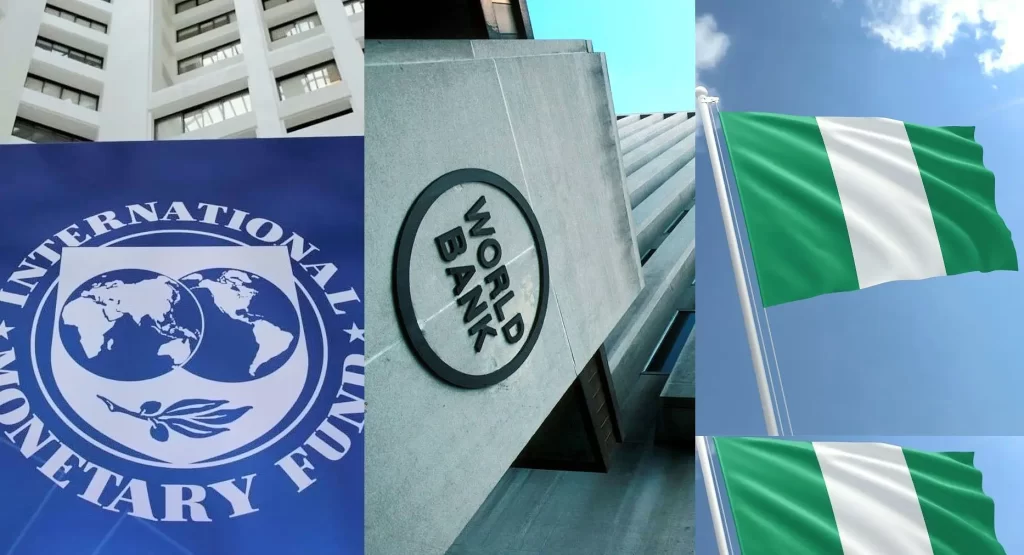Daud Olatunji
The World Bank has issued a stern warning that investors are increasingly pulling back from debt-laden economies like Nigeria, citing unsustainable debt levels and poor growth projections.
In a blog post titled “The Looming Global Debt Disaster” released on Friday, the global lender said the escalating debt situation is forcing many developing nations—including Nigeria—to divert scarce resources away from critical sectors such as education, health, and infrastructure to service rising interest obligations.
According to the World Bank, total global debt is now nearly 25 per cent higher than it was at the start of the COVID-19 pandemic, with developing countries bearing the brunt of the burden.
The warning signals a dire outlook for Nigeria and other low-income nations eligible for support under the International Development Association (IDA), a World Bank arm.
“These countries represent a quarter of the world’s population and host a large share of the 1.2 billion young people who are expected to enter the labour force in the next decade.
Yet, many are slashing future-focused investments just to manage mounting debt repayments,” the statement read.
As of early 2025, Nigeria’s debt to the World Bank stood at approximately $17.32 billion—comprising $16.84 billion owed to the IDA and $485 million to the International Bank for Reconstruction and Development (IBRD).
This is in addition to a proposed external borrowing plan of $21.5 billion by the Nigerian government to finance infrastructure and other national priorities.
The World Bank warned that the heavy debt load, coupled with weak economic growth, is discouraging foreign private capital from entering these economies.
“Private investors will correctly assume that any gains from economic growth will simply be taxed to pay off the debt,” the blog post noted.
The lender also highlighted a structural crisis in public finance management, stating that net interest costs have doubled for half of all developing countries.
Government interest payments, which were below 9 per cent of revenues in 2007, surged to around 20 per cent in 2024.
The report projects a further decline in global economic performance, revising its 2025 global GDP growth forecast downward to 2.2 per cent from 2.6 per cent earlier in the year.
This sluggish outlook, combined with sustained high interest rates in advanced economies, poses additional risks.
Central banks in developed countries are expected to maintain interest rates at an average of 3.4 per cent in 2025—five times higher than the 2010–2019 average.
Calling the current debt management system “outdated and ineffective,” the World Bank urged urgent reforms to prevent further fiscal crises. It proposed swifter debt restructuring mechanisms and advocated setting strict debt-to-GDP thresholds: 40 per cent for low-income countries and 60 per cent for high-income economies.
To escape what it called a “doom loop,” the Bank advised countries like Nigeria to adopt fiscal consolidation strategies and implement reforms that would attract trade and investment.
“The world cannot afford another decade of drift and denial,” the World Bank concluded.
Do you want to share a story with us? Do you want to advertise with us? Do you need publicity for a product, service, or event? Contact us on WhatsApp +2348183319097 Email: platformtimes@gmail.com
We are committed to impactful investigative journalism for human interest and social justice. Your donation will help us tell more stories. Kindly donate any amount HERE




